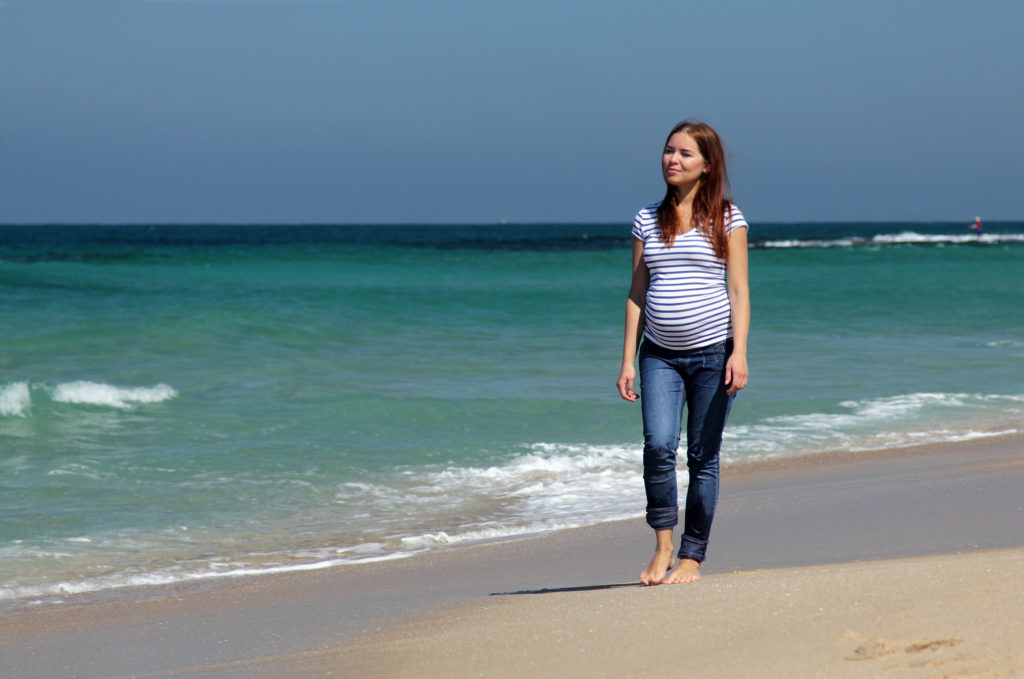How to Minimize Varicose Veins When You’re Pregnant
Yes! The baby is on the way and you’re trying to make sure you do everything possible to ensure the baby’s health and strength. The body undergoes a lot of changes during pregnancy, but there are always small things that a mother to be can do in order to protect herself and remain healthy.
In a recent post, we discussed the prevalence of varicose veins in certain groups. It is well documented that pregnant women might often suffer from varicose veins due to hereditary conditions or changes in the body.
Why Do Pregnant Women Get Varicose Veins?
When a woman becomes pregnant, her blood volume increases and the rate in which blood flows from the legs to the pelvis slows down. Naturally, this puts pressure on the veins. It is this pressure that can create some visible varicose veins in the legs and even in the buttocks. Also, as the uterus grows, there is pressure on the large vein on the right side of her body (the inferior vena cava), which increases pressure in the leg veins.
Some hormonal changes can also cause varicose veins as increased progestin levels can dilate the veins. The good news is that varicose veins that appear due to pregnancy are likely to go away or diminish over time. There are also hereditary factors that can come into play during pregnancy and can increase the chances of developing varicose veins.
Varicose veins that appear during pregnancy will not have any painful effects. Sometimes, however, women will experience aches, itchiness, or mild discomfort in their legs.
Quick Tips to Naturally Help with Varicose Veins During Pregnancy
While there are a lot of things out of your control during pregnancy, there are ways that you can maintain a healthy lifestyle and minimize the effects of changes such as getting varicose veins.
- Whether you are pregnant or not, sitting or standing in the same position can cause circulation problems and increase the chances of problems in the veins and circulation. Avoid sitting down or standing for extended periods of time and try to walk around or shift positions often so that circulation continues to flow.
- Most pregnant women are not walking around in high heels, but in case you feel the urge, it might be a good idea to save them until after the baby is born. Lower heel or flat shoes are a better choice to ensure a better circulation.
- Consider wearing maternity support hosiery. These are usually compression fabrics that put pressure on the legs and increase blood flow.
- Keep an eye on your sodium intake. Staying hydrating and minimizing your intake of salts and sodium can help in ensuring there is no unnecessary swelling of the veins.
- Getting regular exercise is something that is always recommended. Staying active during pregnancy is equally important, as it helps keep circulation that aids in preventing or minimizing the effects of possible varicose veins.
Worried About Your Varicose Veins? Call Us Today!
If you’ve noticed varicose veins on your legs, call El Paso Varicose Veins Laser Clinic. We can help assess the severity of the condition and find treatments. If your varicose veins have not disappeared after giving birth, we can help with treatments to minimize the appearance and the effects of the condition.

